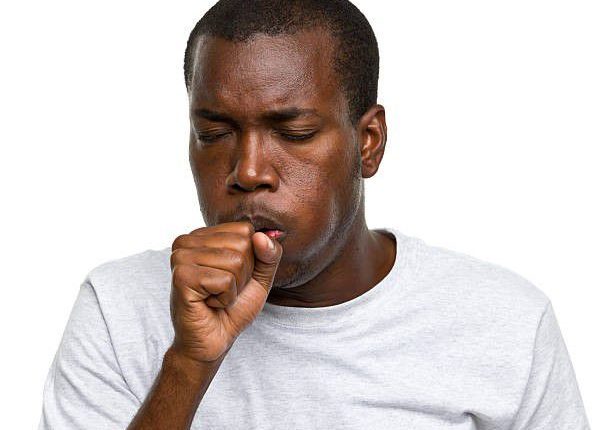Your lungs produce mucus every day to trap dust, germs, and irritants. Normally, this mucus is thin and moves out of the airways with little effort.
But when you have a cold, allergies, asthma, bronchitis, or respiratory infections, mucus production can spike and become thicker. This can lead to coughing, chest congestion, and that heavy, clogged feeling in your lungs.
While medication can help, there are also natural remedies that can support your lungs in breaking down and clearing out excess mucus, especially if you want to complement your treatment or avoid overreliance on drugs.
Here are seven natural, science-backed ways to help you breathe easier.
1. Stay Hydrated
When your body is well-hydrated, mucus becomes thinner and easier to expel. Water is the best choice, but warm fluids like herbal teas, lemon water, or clear broths can be especially soothing for irritated airways.
Avoid alcohol and caffeinated drinks, which may cause dehydration and make mucus thicker. Aim for 8–10 cups of fluids a day, more if you’re sick or live in a dry climate.
2. Try Steam Inhalation
Breathing in warm, moist air can break up mucus in your airways, making it easier to cough out. You can do this by:
Filling a bowl with hot water, leaning over it, and covering your head with a towel to trap the steam.
Adding a few drops of peppermint oil for an extra decongesting effect.
Inhaling deeply for 5–10 minutes, once or twice a day.
Steam therapy is great, but be careful not to get too close to avoid burns.
3. Use a Humidifier
Dry indoor air, especially from air conditioning or harmattan winds, can irritate your lungs and make mucus thicker. Running a cool-mist humidifier in your bedroom can keep airways moist overnight, helping mucus move more easily.
Clean your humidifier regularly to avoid mould growth, which can worsen respiratory symptoms.
4. Practice Controlled Coughing
Coughing is your body’s built-in way to clear mucus, but forceful, random coughing can tire you out without moving mucus effectively.
Respiratory therapists recommend “controlled coughing,” which involves:
Sitting in a comfortable position with both feet on the floor.
Taking a deep breath in through your nose.
Holding it for 2–3 seconds.
Coughing twice with your mouth slightly open. The first cough loosens mucus, the second moves it out.
Repeat 2–3 times as needed, but rest between sessions to avoid strain.
5. Eat Mucus-Fighting Foods
Some foods naturally reduce mucus production and support respiratory health. These include:
Ginger has anti-inflammatory properties that can soothe airways.
Garlic contains compounds that fight bacteria and viruses.
Pineapple is rich in bromelain, an enzyme that helps break down mucus.
Spicy peppers can help thin mucus and make it easier to expel.
Limit dairy if you notice it makes your mucus thicker, though this effect varies from person to person.
6. Do Postural Drainage
Postural drainage is a technique where you position your body so gravity helps drain mucus from your lungs. Try this:
On your back: Lie down with pillows under your hips so your chest is lower than your legs.
On your side: Lie on your side with your hips elevated.
On your stomach: Lie face down with your hips slightly raised.
Stay in each position for 5–10 minutes, breathing deeply, and gently cough to expel loosened mucus. This method is especially useful for people with chronic lung conditions.
7. Exercise Regularly
Physical activity increases your breathing rate and helps your lungs move mucus out more effectively. Even light exercises like walking, gentle yoga, or stretching can help. If you’re recovering from an illness, start slow and listen to your body.
Deep-breathing exercises during your workout can also keep airways open and flexible.
When to See a Doctor
If mucus is thick, discoloured (green, brown, or bloody), lasts for more than three weeks, or is accompanied by fever, chest pain, or shortness of breath, seek medical attention. These may be signs of a more serious infection or lung condition that needs proper treatment.

